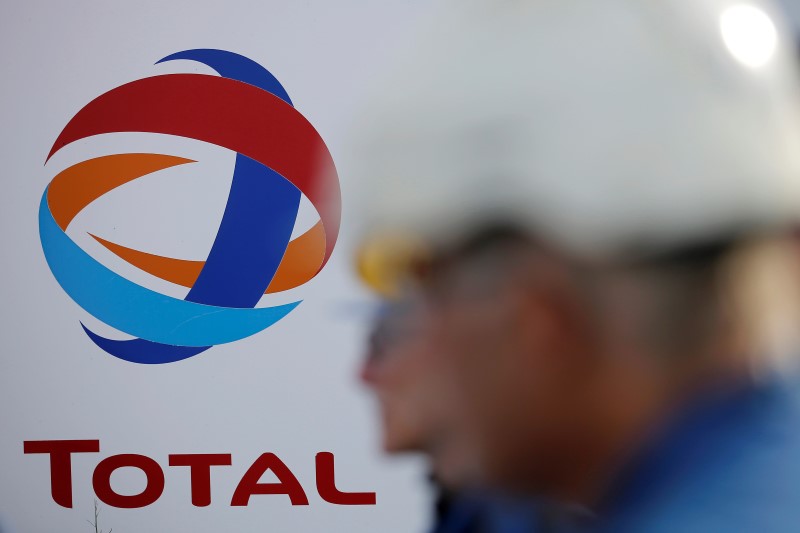By Bate Felix
PARIS (Reuters) - French oil and gas company Total (PA:TOTF) will increase its exposure to U.S. shale gas by buying 75 percent of Barnett Shale assets from Chesapeake (N:CHK), taking advantage of a far lower price than it paid for its original 25 percent holding.
Total joins other European oil majors including Royal Dutch Shell (L:RDSa), BP (L:BP) and Statoil (OL:STL) which have increased their presence in U.S. shale oil and gas production in recent years, hoping to mimic smaller, independent companies.
Shale's low costs compared to complex offshore fields and its rapid production cycles has attracted the oil majors, which have all had to slash spending budgets and shelve many large projects during the current downturn.
Total bought a 25 percent stake in Barnett Shale gas fields in north Texas in 2009 for $800 million in cash, plus $1.45 billion toward the fields' development over six years.
Although the French group has cut spending on U.S. shale production following the fall in oil prices over the past two years, it said the Barnett Shale deal was opportunity-driven and made possible by its preemption rights.
Located in north Texas with a net production of approximately 65,000 barrels of oil equivalent per day, Barnett shale includes 215,000 developed and undeveloped acres of land, wells, leases, minerals, buildings and other properties.
"With the new conditions created by the exit of Chesapeake and the associated restructuring of the midstream contracts, we believe that we can extract significant value from the substantial, well-located resource base," Jose Ignacio Sanz, head of Total E&P in United States, said in a statement.
Under the terms of the deal, Chesapeake will pay $334 million to Williams, a company that gathers and processes 80 percent of the gas from the Barnett assets, to terminate its gathering agreement, it said.

"Total E&P USA will supplement Chesapeake’s payment with $420 million to Williams for a fully restructured, competitive gas gathering agreement," the statement said, adding that Total will also pay $138 million to be released from three other midstream capacity reservation contracts.